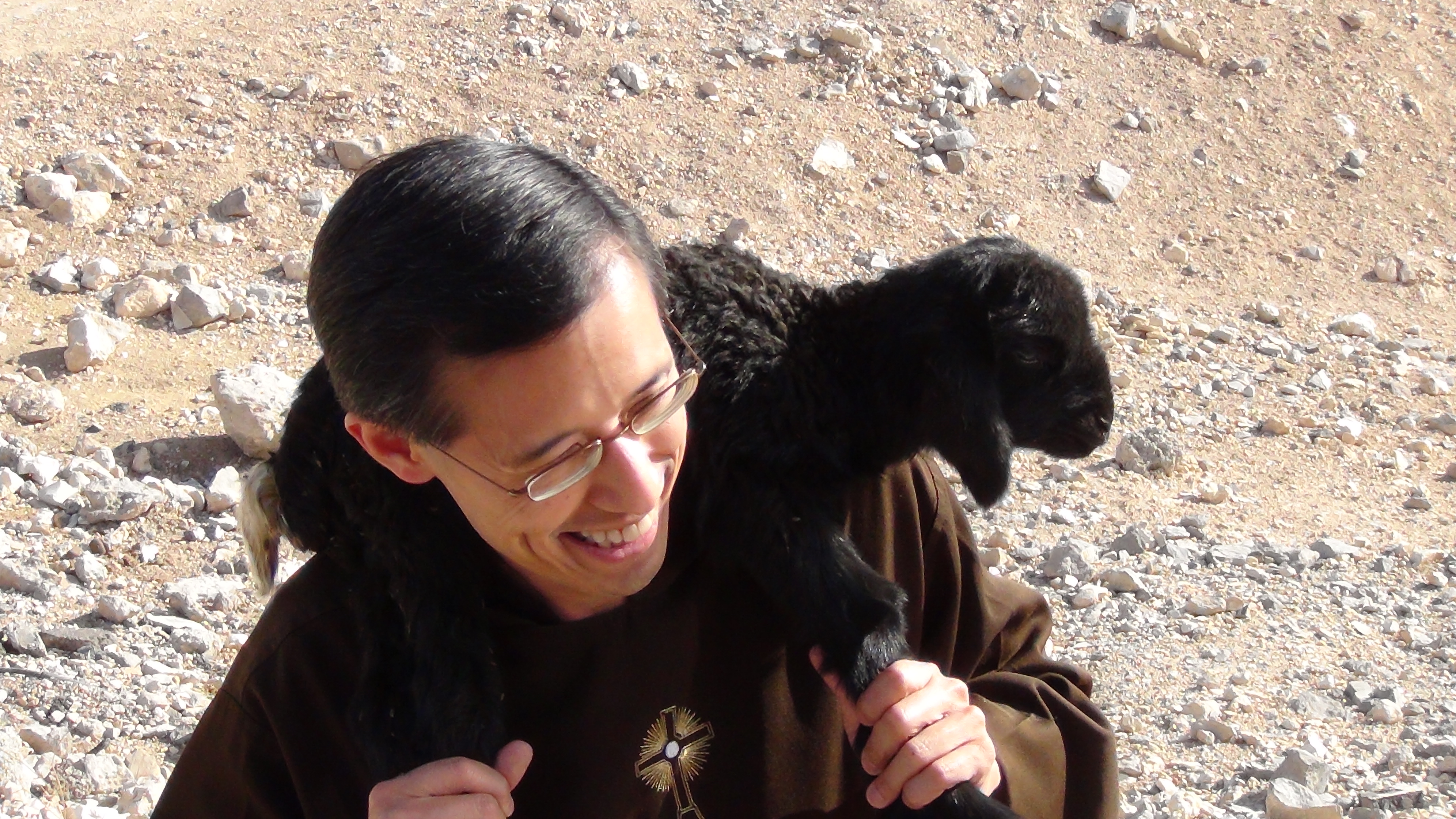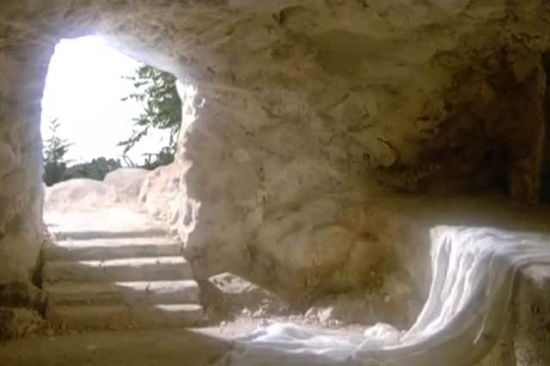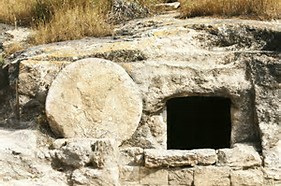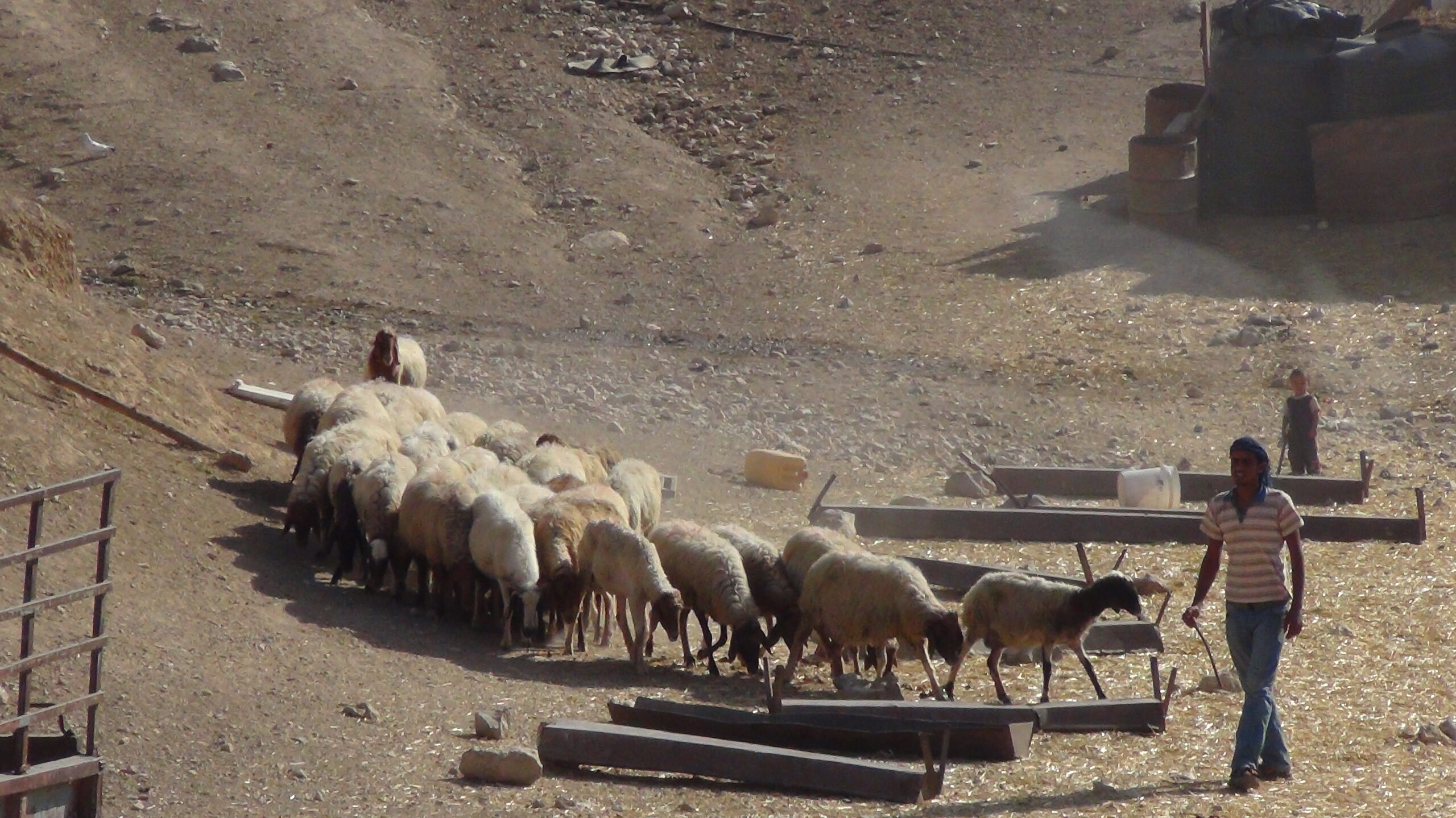Acts 5:27-32, 40b-41; Ps. 30:2, 4, 5-6, 11-13; Rev. 5:11-14; Jn. 21:1-19
“Do you love me?” is the question we are asked this day from the Lord. Today we recognize St. Joseph the Worker who without a spoken word in scripture never denied the Lord but in every act of love for the Lord, for Mary, and the child Jesus spoke loudly “I love the Lord” and followed where the Lord guided him.
Simon Peter is asked three times the same question perhaps to reconcile the three times Peter denied Jesus before his death. The first time Simon Peter is asked Jesus says, “Do you love me more than these?” Jesus had provided for Simon Peter a huge catch of fish after being out all night and not catching anything. Jesus had already appeared to him and the other disciples twice commissioning them with the gift of the Holy Spirit to go out into the world and what does Jesus find them doing? They return to what is their trade as fishermen. On their own there is no catch of fish by returning to “these” worldly ways of life but with Jesus the catch is great if they do what he commands, “Follow me.”
How do we respond to the question Jesus asks of us, “Do you love me?” If we love him then we will follow him by living our lives in the service of the “sheep” we are given to feed and tend to and it begins in the home. The food we are to provide is beyond the belly, it is the spiritual food of heaven coming to us in the word of God and in his body and blood of the Eucharist. The home is the domestic church where it begins in the language of love by the way we speak, pray, and act as believers. The home is where the sacraments of the church take root starting with Holy Matrimony to have Christ at the center of our faith and bring up our children in this sacramental journey not simply as a tradition but as the cornerstone of our faith. Do we love him? Live the sacramental life he gave us.
Believers radiate the light of faith and draw others to them because this light offers hope, truth, goodness and beauty. The word of God must live in us and be visible in the world. This does not mean we go house to house knocking on doors to share our faith. It is visible in our being that draws others to us. This is the transformative power of the Holy Spirit that lives in us and allows Jesus to do the work through us. To follow Jesus is to imitate his life, his way not our way. Jesus reminds us in John 14:6 “I am the way, the truth and the life”. Do we love him? Live the way of truth to holiness.
We are to follow Jesus’ way not seek to have him follow our way. In his way the path is open to us the way to follow. In his truth we discover what is truth, the natural law and the law of holiness and avoid the pit of holding onto a false truth with the misconception that “my truth is the only truth that matters.” In his life we can grow into the divine life otherwise we cannot grow beyond our mortality ending in the dust of death. There is one book that comes second only to the bible in the number of copies sold around the world greater than all the classics we learn in grade school. That book is “The Imitation of Jesus”. Do we love him? Imitate Jesus!
Underlying any imitation of Jesus is a genuine love of him who gives us the graces in order to imitate him. Jesus’ questioning of Simon Peter “Do you love me?” is the only way to begin to follow a life in Jesus. As we begin to see Simon Peter and the other disciples imitating Jesus, that is doing the same miracles of healing and forgiving the sins of others in the name of Jesus people came to them with the same hope they had come to Jesus. Baptized priest, prophet and king comes with the gift of the Holy Spirit to be Jesus to each other and to the whole world. Does our family enjoy our presence, seek us out, and experience the love of Christ through us? Jesus is calling us to “Feed my sheep” with the Lord’s presence coming through us if we love him. Does our home reflect a domestic church where we have fellowship united as one family under God or do we find our home resembling more of a bus terminal where we simply pass through and grab a meal while we wait until our next outing? If it is the latter then we need to examine who or what is it that we are following that is not centered on our calling to follow him.
Do we love him in our interaction with the world? I remember playing football in school and praying as a team before every game. Today if a coach does any public act of prayer, they risk losing their job. In the first reading the Sanhedrin ordered the apostles to stop speaking in the name of Jesus in the public square. The Sanhedrin was the authority on the streets, the local priests with civil authority, while the Romans were more of the army to govern the territory. The Sanhedrin could have you arrested and thrown into jail and they did to the apostles and early church Fathers.
Silencing and cancelling Jesus is nothing new in our day, it has always been a part of our history. The apostles rejoiced “that they had been found worthy to suffer dishonor for the sake of the name.” Our calling is not to proselytize the world but to love Jesus who we encounter in every man, woman and child and let the Holy Spirit be the advocate of conversion. Be Jesus so that what people see they will want to ask and seek and if invited to share then share what we believe. Do we love Jesus? Speak his name with love in season and out of season, that is in church and out in our daily walk with life.
The day is coming for all of us but for some it is already here, the day when we grow old. Being young the world is open to us to “go where you want(ed)”. As we age the options decrease as we set upon a path of commitment, sacrifice, and love. Those we love we commit to and sacrifice for as an offering of ourselves for the greater good. It includes our family, friends, maybe even those we work with but “do you love me?” asks Jesus. Even nonbelievers will do the same for their family and friends.
What separates us from the love of God is ourselves when we don’t respond to his love of us. Being young there is not enough time for us and everything needed or demanded of us but being old time becomes all that is left for us to appreciate what God has done in our lives by our “yes” to him. Being young it is all about ourselves like a high sugar drink or a caffeine rush to do more from our bucket list that has no bottom. Aging like a good glass of wine we experience the love of the moment and the flavor of life with another and the best moments are when we invite him into the moment to reveal himself to us. Breathe in the breath of Jesus and contemplate the wonder of his gift to us.
Let us not be deceived that when we are young, we are living the best of years in the rush for more and at the end our years lose purpose and meaning. To the contrary, when we are young it seems the search for meaning keeps evading us like the carrot on the stick but with age we grasp the truth in the one we love so that when we stretch out our hands and someone else will dress us and lead us even that will be a blessing because we never stopped saying, “Lord, you know everything; you know that I love you.”










Recent Comments